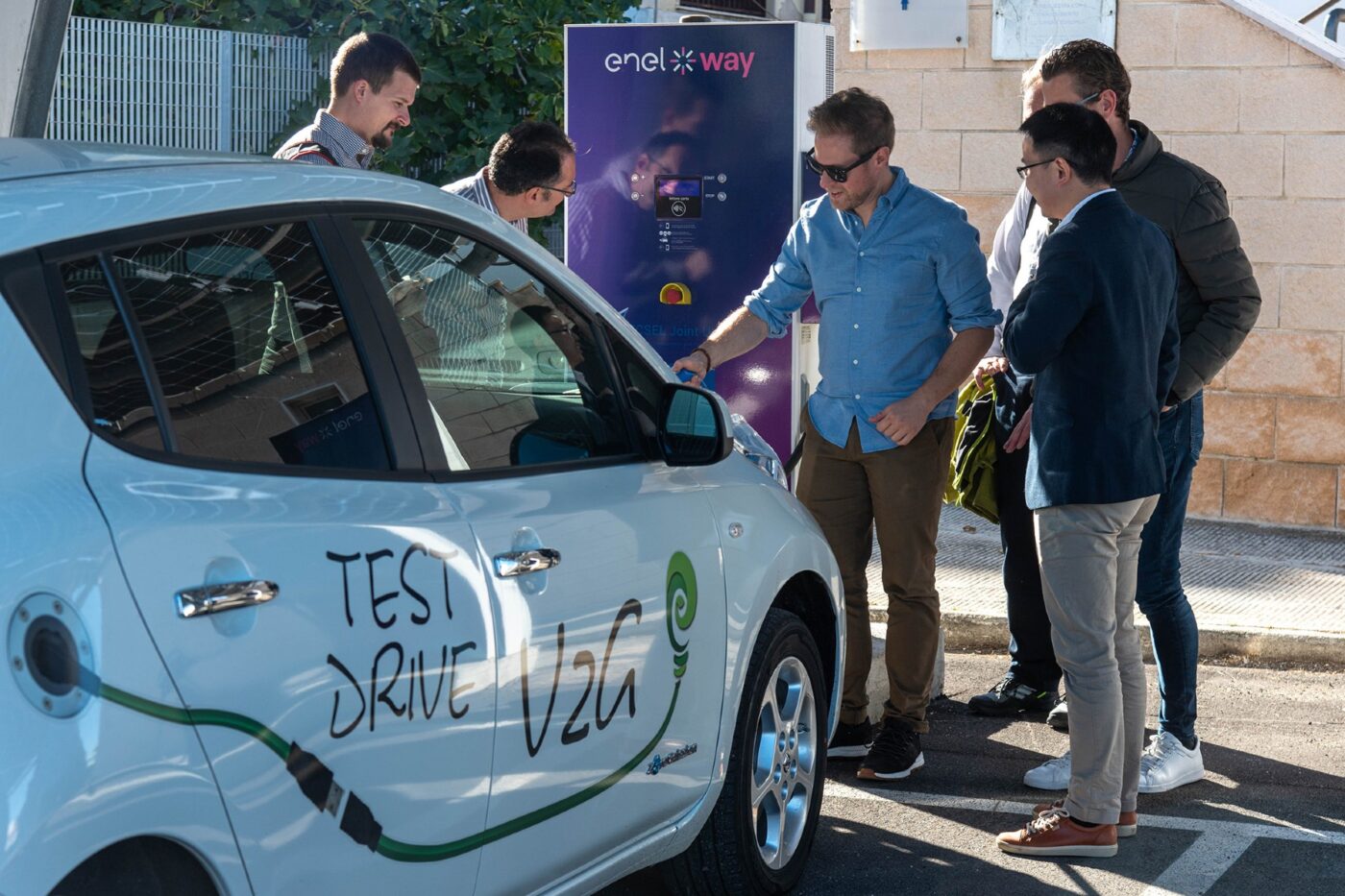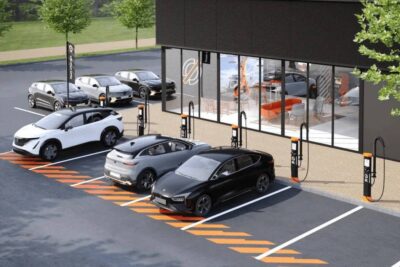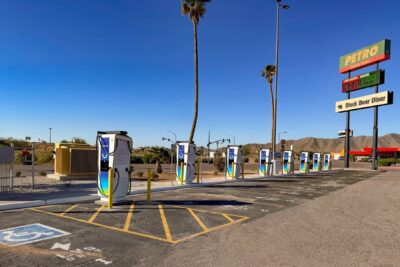Progressus project shows progress towards resilient power grids
The Progressus project, which had 22 participants, ran for a total of three years from April 2020. The key finding of the participants is that existing electricity grids “can be upgraded with intelligent management of electricity loads and sources in order to cope with the growing share of green energy”. Among other things, the consortium has developed a solution that makes it possible to operate ten to 15 times more charging stations for electric cars on one grid connection. The Progressus team is also presenting an approach for tracking electricity from generation to consumption.
Three challenges were centrally framed in the project aimed at the realization of next-generation smart grids: efficient energy conversion, intelligent energy management and secure monitoring – especially in the context of growing electric car sales.
The project consortium coordinated by Infineon included 22 partners from five European countries, specifically Germany, the Netherlands, Spain, Italy and Slovakia. The development of future smart grid solutions was driven by the participants primarily with a view to the upcoming high performance requirements of ultra-fast DC charging stations for electric vehicles and bidirectional charging.
Goal of the project was to research, design and develop future smart grid solutions that can be integrated into existing smart grid architecture concepts with minimal investment. In addition to the consortium leader Infineon Technologies AG, the German companies Ceus UG, devolo AG, Mixed Mode GmbH, TH Köln and Friedrich Alexander University Erlangen-Nürnberg participated in the project.
The participants researched and tested efficient power converters that minimize losses and integrate battery storage and renewable energy sources such as photovoltaics. “The converters integrate ultra-fast sensors and SiC MOSFETs which can be switched at considerably higher speeds. This makes them suitable for use in new, innovative charge management systems for battery-electric vehicles which reduce the peak power consumption at the site level by as much as 90 per cent, without significantly longer charging times,” summarized Infineon. Alternatively, as mentioned above, the intelligent charging algorithm allows ten to 15 times more charging stations on the same grid connection.
According to the project initiators, the joint energy management of several buildings can also help to reduce the load on the electricity grids. As part of Progressus, such an energy management system was simulated on the basis of real data from 16 buildings with photovoltaic systems and energy storage systems. The result: the peak load of electricity demand from the public grid could be reduced by up to 80 per cent on average through such joint energy management without neglecting the requirements of consumers, according to the study. This value for the investigated case depends on the time of year, weather conditions and the design of the PV and storage systems.
“Decarbonization and electrification go hand in hand. Our power grids will have to perform better and become more stable if they are to handle the growing power volumes and fluctuations in the supply and demand of electricity. This means we need new solutions,” emphasized Thomas Zollver, Senior Vice President Technology & Innovation of Infineon’s Connected Secure Systems division. “The joint research project PROGRESSUS has succeeded in developing a significant number of technologies that can make our existing networks more resilient. The project is thus making an important contribution to freeing our modern lives from fossil energy sources and protecting our climate for future generations.”
The project had a total budget of almost 20 million euros, with 5.79 million euros coming from EU funds as part of the Horizon 2020 program. Further grants came from national funding pots in Germany, the Netherlands, Spain, Italy and Slovakia.





0 Comments